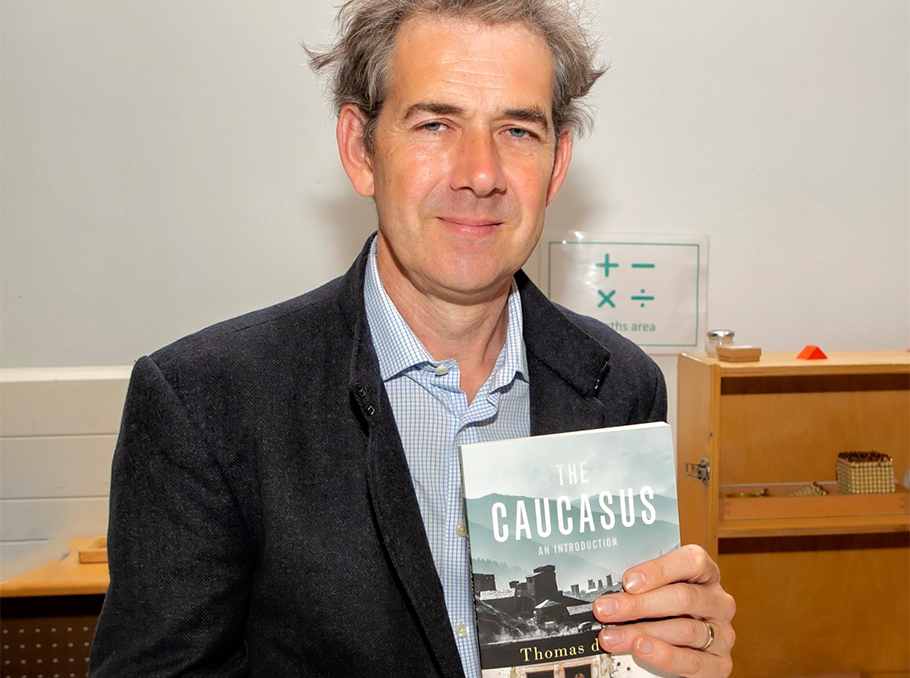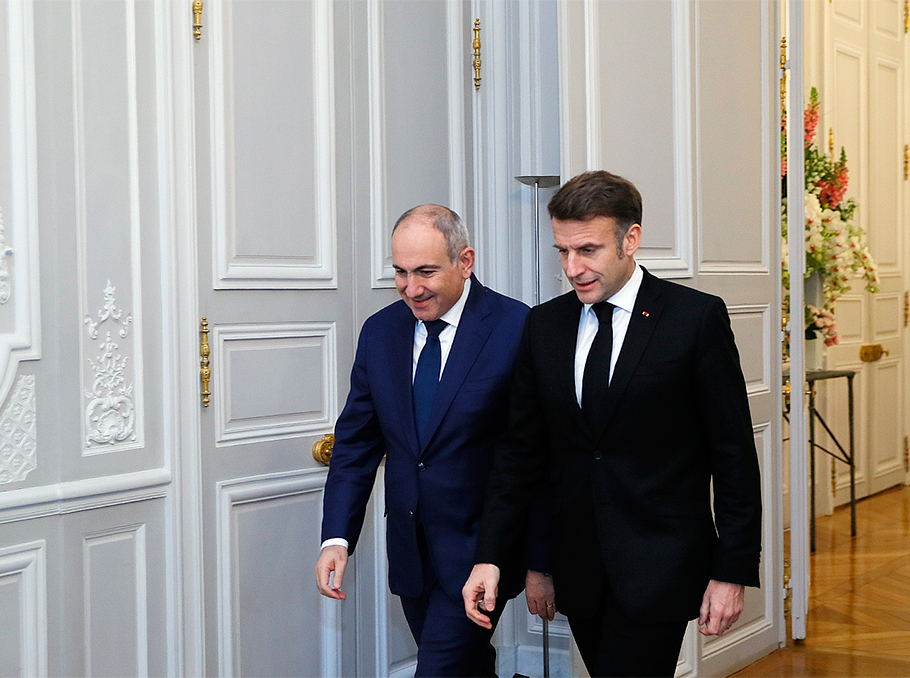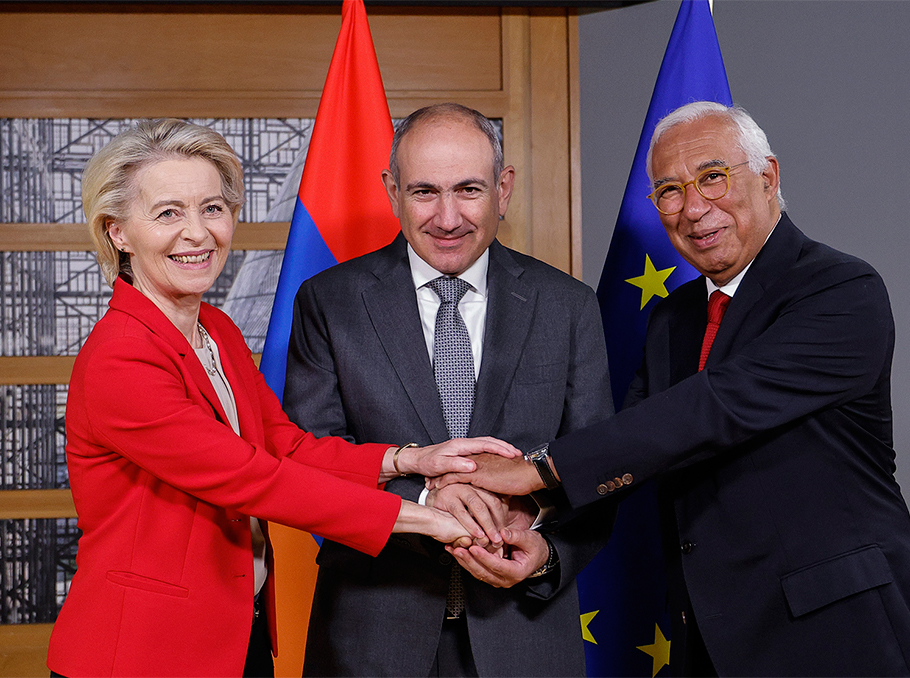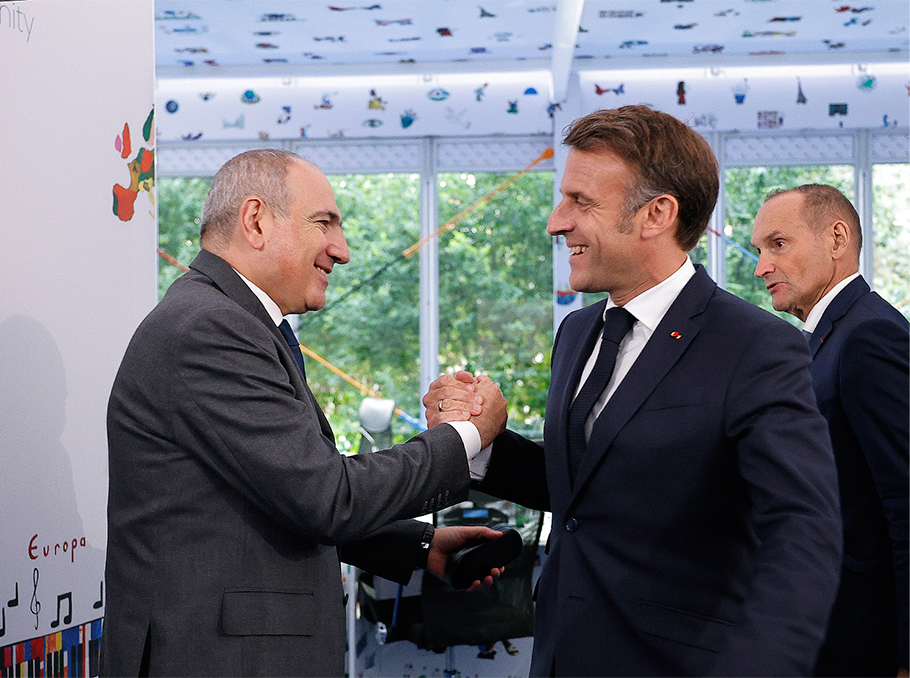British journalist, nonresident senior associate with Carnegie Europe Thomas de Waal presented 10 basic theses on NK conflict resolution.
1. No side has a monopoly of justice here. Both sides have legitimate and deeply felt but different historical claims over the disputed territory in the middle, Nagorny Karabakh. Karabakh was the site of a flourishing medieval Armenian kingdom in the 12th century and an Azerbaijani (Persian Turkic Shia) khanate in the 18th century. Both peoples have lived side by side here, mostly peacefully for more periods in history than they have fought.
2. Of course, we also have a massive collision of legal and political claims here. Under the terms of the dissolution of the USSR, all union republics became recognized states and NK therefore was regarded as being de jure part of Azerbaijan. But in 1988 the Armenian side already rejected the 1923 formation of the NKAO as illegitimate and still appeals to the principle of peaceful self-determination. In other words this is a messy intractable separatist dispute and don’t believe anyone who says it is “all very simple.”
3. There is a lot of propaganda out there. Both sides cannot be right, but both can be wrong – and frequently are in their assertions. Treat all official statements with a big pinch of salt.
4. Azerbaijan, as the losing side in the conflict of the 1990s, is always the side which has an incentive to try to use military aggression to reshape the facts on the ground. This is almost certainly what they did on Sunday. And, yes, they probably picked a moment to start fighting when they thought the US was disengaged and the pandemic was limiting international interventions. Plus—the extra important element this time—Baku got itself much more full support from Erdogan’s Turkey this time.
5. But this does not mean the Armenian side is peace-loving. The fact that for a long time they have not agreed to substantial negotiations about the conflict and call territory that they occupied outside NK in the 1990s “liberated” makes them “passive aggressive,” a co-sponsor of violence.
6. The mountainous terrain here, the increasingly deadly heavy weaponry, close proximity of villages and towns to the conflict means that it is very hard for one side to “win” any military contest. It will just lead to mass bloodshed, misery and hatred. Hard as this is to say, this may be the one thing that de-escalates the conflict: we are talking about two small nations here where every death is experienced as a tragedy.
7. This conflict differs importantly from the other post-Soviet conflicts (Abkhazia, S Ossetia, Transdniestria, Ukraine) in that Russia has stakes on both sides and is much more at arm’s length. The Russians do not pull the strings here, even if they wanted to. But (the long version another time) they are both a stabilizing and a complicating factor.
8. Ultimately, it will be up to Armenians and Azerbaijanis to make the strategic decision to deal with one another and follow a plan that involves concessions and leads to peace. That will happen one day—but bloodshed delays that day by creating more mutual insecurity and fear. As I make that point today, people respond to me with crazed disbelief, but that doesn’t mean it’s not true.
9. Let us be honest, the last time there were really serious negotiations was 20 years ago. At Key West and before that particularly when Levon Ter-Petrosyan and Heidar Aliev were presidents. So much time has been wasted! What we have mainly seen since then is sporadic contact and what one Minsk Group co-chair described to me as “Kabuki negotiations.” The last time the two sides had special envoys who actually met and talked about a solution was in the 1990s, when that role was performed by Jirair Libaridian and Vafa Guluzade (Actually, Tatul Margaryan and Araz Azimov served as special envoys in 2002-2003-Mediamax). Tasking the Minsk Group co-chairs with mediation and then blaming for not resolving the conflict does NOT signify a sincere commitment to a peaceful settlement!
10. Kind of a repeat. Internationals can help shape a peace deal, offer financial assistance and (crucially) peacekeepers, but only Armenians and Azerbaijanis can solve this.



























Comments
Dear visitors, You can place your opinion on the material using your Facebook account. Please, be polite and follow our simple rules: you are not allowed to make off - topic comments, place advertisements, use abusive and filthy language. The editorial staff reserves the right to moderate and delete comments in case of breach of the rules.